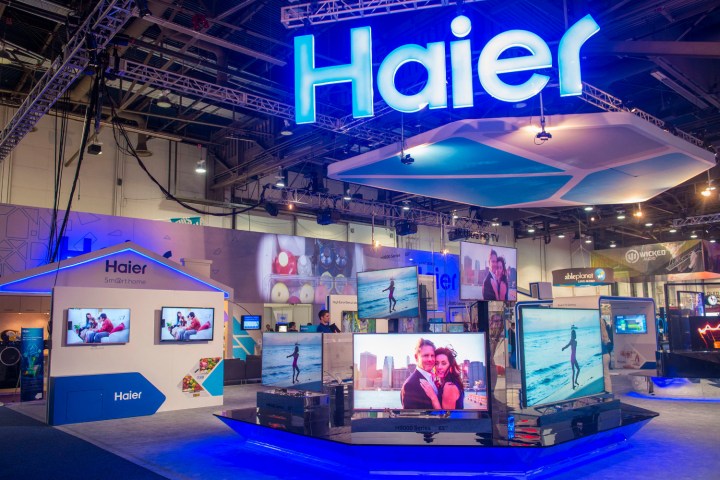
Chinese brands are apparently expected to enter the gaming laptop market in a big way as we head deeper into 2016. A list of companies including Haier, Hasee, Colorful and RaBook are set to lead the charge, according to a report from Hexus.
These outfits have various levels of experience outside of China — for instance, you may have heard of Haier thanks to its other consumer appliances, which include fridges and televisions. Conversely, Hasee is not at all well known internationally, but is the second largest computer manufacturer in its home country.
It’s thought that these companies are going to attempt to carve out a niche in the competitive gaming market by undercutting the prices of their competitors. Gaming laptops have long been sold at a premium due to the need for high quality components in a portable form factor, but this could soon change.
We’ve already seen manufacturers like Huawei, Xiaomi, ZTE, and Nubia successfully implement a similar battle plan in their low-cost smartphone options. A budget-friendly alternative is always going to find an audience, but there are still plenty of obstacles to overcome.
Given that these Chinese suitors to the gaming laptop market aren’t household names elsewhere in the world, they will have a tougher job convincing consumers that their output can compete with more established brands. That said, if these firms can gain a foothold, we might see some big changes to the gaming hardware landscape.


